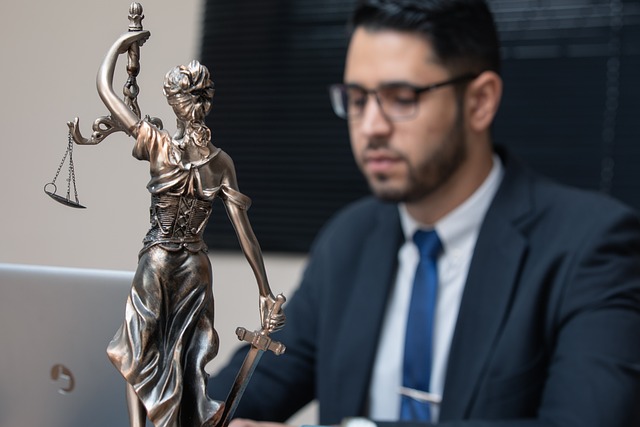In Oregon, attorney collaboration is key in the child welfare system, ensuring fair and effective representation of vulnerable youth. The state fosters teamwork among legal experts with specific knowledge in child welfare laws, policies, and practices. This approach enhances communication, streamlines processes, reduces delays, and promotes positive outcomes. Strong partnerships between attorneys and agencies significantly improve results for youth, integrating legal advocacy with emotional well-being. Effective collaboration enables lawyers to gain insights into complexities, fostering holistic case management and advocating for the best interests of children within Oregon's child welfare system.
In Oregon, the role of attorney collaboration in the child welfare system is invaluable. This article explores how strategic partnerships between attorneys and agencies can significantly enhance case outcomes for vulnerable children. We delve into effective strategies for building and nurturing these collaborations, focusing on successful cooperation models within the state. By examining these insights, we aim to highlight the transformative power of attorney partnership in Oregon’s child welfare landscape.
- The Role of Attorney Collaboration in Oregon's Child Welfare System
- Building Effective Partnerships for Better Case Outcomes
- Strategies for Successful Attorney-Agency Cooperation in Oregon
The Role of Attorney Collaboration in Oregon's Child Welfare System

In Oregon, the role of attorney collaboration in the child welfare system is pivotal for ensuring fair and effective representation of children’s best interests. The state recognizes the complex nature of child welfare cases, which often involve sensitive family dynamics, legal complexities, and urgent decisions. Attorney collaboration fosters a comprehensive approach by bringing together legal experts with specific knowledge in child welfare laws, policy, and practice. This teamwork among attorneys enables them to navigate intricate casework, advocate for vulnerable children, and promote positive outcomes.
Through collaborative efforts, Oregon’s child welfare attorneys can better communicate with various stakeholders—including social workers, court personnel, and other professionals—to streamline processes and reduce delays. Such partnership also enhances the quality of legal services provided, ensuring that every child receives robust representation tailored to their unique circumstances. This coordinated strategy is instrumental in achieving positive outcomes for children involved in the Oregon child welfare system.
Building Effective Partnerships for Better Case Outcomes

Building strong partnerships between attorneys and child welfare agencies is key to achieving better outcomes for children involved in legal proceedings. In Oregon, where attorney collaboration is highly encouraged, this partnership approach has proven to be a game-changer. By working together, legal professionals and child welfare experts can provide comprehensive support to vulnerable youth, ensuring their needs are met both legally and emotionally.
Effective partnerships enable attorneys to gain valuable insights into the complex world of child welfare, allowing them to advocate more effectively for their young clients. This collaboration fosters a holistic understanding of each case, considering not just legal rights but also the child’s overall well-being. As a result, Oregon’s child welfare system benefits from enhanced communication and coordinated efforts, ultimately leading to positive changes in case outcomes.
Strategies for Successful Attorney-Agency Cooperation in Oregon

In Oregon, successful attorney-agency cooperation is paramount for effective child welfare practices. Attorneys collaborating with agencies like the Department of Human Services (DHS) can significantly enhance case outcomes for vulnerable children. One key strategy involves open communication channels; regular meetings and clear documentation ensure all parties are aligned. Additionally, shared goals and a mutual understanding of legal responsibilities foster a collaborative environment.
Attorneys should actively participate in agency case conferences, providing legal expertise while respecting the role of social workers. This partnership enables a comprehensive approach, considering both the child’s legal rights and their overall well-being. By integrating legal knowledge with agency insights, attorneys can navigate complex cases more effectively, ultimately advocating for the best interests of children involved in the Oregon child welfare system.






